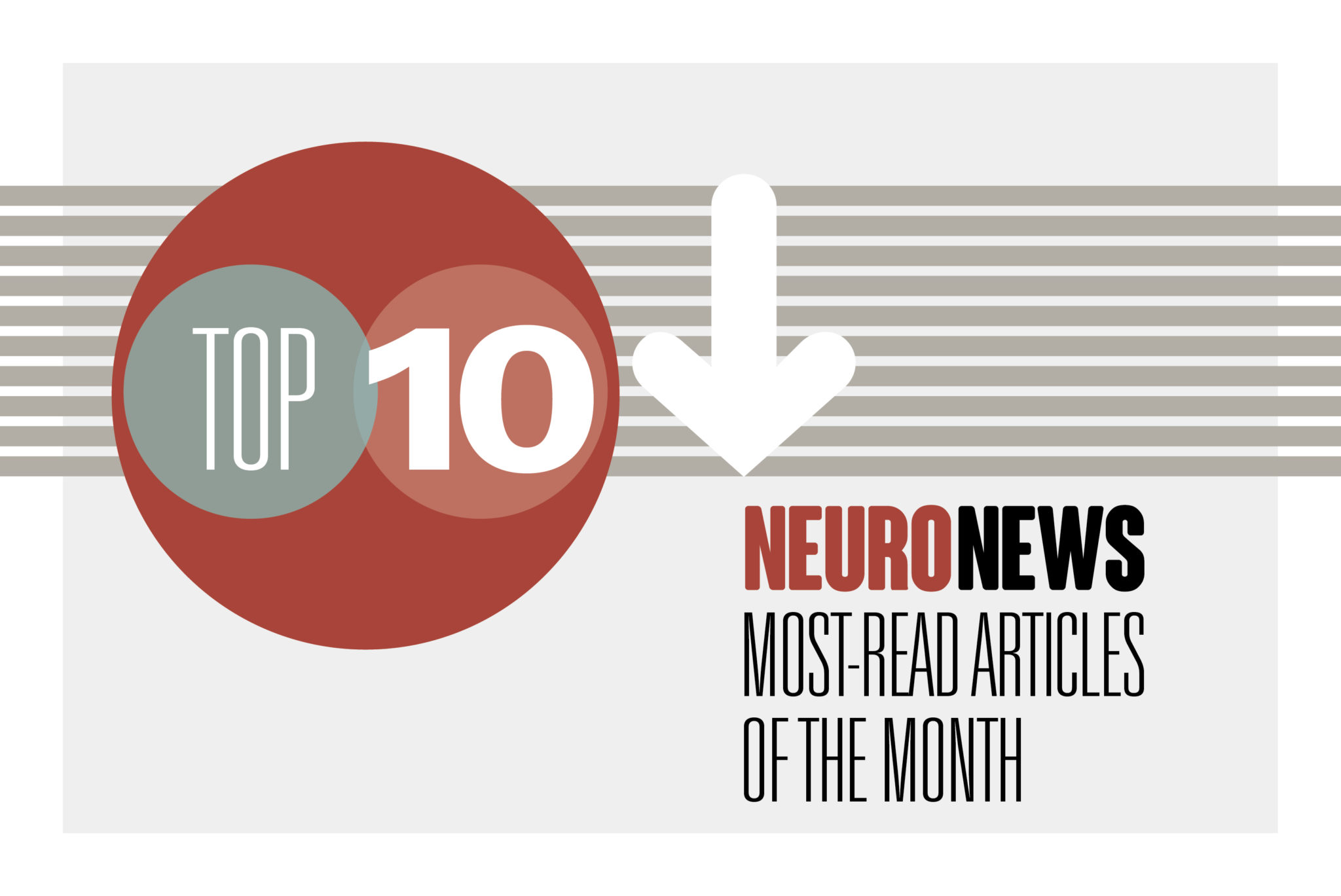 NeuroNews’ November top 10 features a number of stories reporting new data and discussions around stroke thrombectomy—not only relating to its clinical effects, but also its real-world applicability. The perennial hot topic of endovascular treatment in chronic subdural haematoma (cSDH) is also present, owing to the long-anticipated publication of three landmark studies evaluating middle meningeal artery (MMA) embolisation and the recent release of findings from a fourth randomised trial in this space.
NeuroNews’ November top 10 features a number of stories reporting new data and discussions around stroke thrombectomy—not only relating to its clinical effects, but also its real-world applicability. The perennial hot topic of endovascular treatment in chronic subdural haematoma (cSDH) is also present, owing to the long-anticipated publication of three landmark studies evaluating middle meningeal artery (MMA) embolisation and the recent release of findings from a fourth randomised trial in this space.
1. Route 92 gains EU and MDSAP certification for its neurovascular product portfolio
Route 92 Medical has announced that it has obtained CE-mark approval under the EU Medical Device Regulation (MDR) 2017/745 for its innovative line of neurovascular, stroke intervention-focused products. Concurrently, the company also announced clearance under the Medical Device Single Audit Program (MDSAP), which gives broad access to international markets.
2. Every hour saved between stroke onset and thrombectomy could equate to 25% greater odds of functional independence
A systematic review and meta-analysis of five studies and more than 11,000 patient records has indicated that each hour saved between acute ischaemic stroke symptom onset and initiating a mechanical thrombectomy procedure is associated with a 22–25% increase in the odds of achieving functional independence.
3. Landmark MMA embolisation trials published in New England Journal of Medicine
Detailed results from three randomised controlled trials (RCTs) evaluating middle meningeal artery (MMA) embolisation in the treatment of chronic subdural haematoma (cSDH) have been published in the New England Journal of Medicine (NEJM). With key initial data from each having been presented at the 2024 International Stroke Conference (ISC; 7–9 February, Phoenix, USA), EMBOLISE, STEM and MAGIC-MT were made available in NEJM on 20 November.
4. Endostream announces European MDR certification of Nautilus intrasaccular system
Endostream Medical has announced that it has officially received European Union (EU) Medical Device Regulation (MDR) certification for its Nautilus intrasaccular system—a novel device intended for the treatment of brain aneurysms.
5. Stroke thrombectomy: Limitless potential or a success story nearing its final chapter?
Mechanical thrombectomy has gone from strength to strength in the treatment of acute ischaemic stroke over the past decade—progressing beyond early-window large vessel occlusions (LVOs) to patients presenting >6 hours post-symptom onset and those with occlusions located in the posterior circulation. The latest frontier thrombectomy appears to have conquered is those cases characterised by more extensive infarcts on imaging, generally referred to as ‘large-core’ strokes. However, as alluded to by both Wim van Zwam (Maastricht, The Netherlands) and Joseph Broderick (Cincinnati, USA) in recent interviews with NeuroNews, a number of important questions remain.
6. First prospective Indian thrombectomy registry shows high revascularisation rates and confirms procedure is cost effective
Data from a registry claimed to be the first prospective registry on mechanical thrombectomy for stroke in India have revealed a number of key insights on how this treatment is being implemented across the country. High revascularisation rates and good functional outcomes, as well as workflow metrics that are “comparable” with those seen in other geographies, are among researchers’ most notable findings.
7. MEMBRANE becomes latest RCT to demonstrate MMA embolisation’s benefits in cSDH treatment
The MEMBRANE randomised controlled trial (RCT)—presented at the 2024 Society of Vascular and Interventional Neurology (SVIN) annual meeting (20–22 November, San Diego, USA) by Ansaar Rai (West Virginia University Rockefeller Neuroscience Institute, Morgantown, USA)—has produced fresh evidence on the benefits offered by middle meningeal artery (MMA) embolisation as an adjunct to the current standard of care in chronic subdural haematoma (cSDH) patients.
8. PROFILE: Thanh N Nguyen
As one of six women currently leading major neurointerventional societies across the globe, Thanh N Nguyen (Boston, USA) is proudly playing a key role in challenging the medical field’s history of underrepresentation. In addition to her present tenure as president of the Society of Vascular and Interventional Neurology (SVIN), Nguyen is also professor of neurology, neurosurgery and radiology at Boston University Chobanian and Avedisian School of Medicine, as well as director of Interventional Neuroradiology and Interventional Neurology, and attending physician in the Vascular Neurology Service, at Boston Medical Center. Here, Nguyen speaks to NeuroNews about her neurointerventional mentors, ongoing efforts to boost gender equity in the field, and the most impactful clinical studies she has contributed to, among other topics.
9. TASTE-2 results suggest ‘significant reduction’ in stroke-related disability with Sanbexin
Simcere Pharmaceutical Group has announced that a new study with major clinical findings regarding Sanbexin—an edaravone-dexborneol concentrated solution for injection—was recently presented at the 16th World Stroke Congress (WSC; 23–26 October, Abu Dhabi, United Arab Emirates). According to the data, the administration of Sanbexin prior to undergoing an endovascular thrombectomy procedure significantly improved neurofunctional recovery and reduced stroke-related disability in patients with acute ischaemic stroke.
10. Zeta Surgical’s AI-powered navigation system gains US FDA 510(k) clearance expansion
Zeta Surgical has announced that its artificial intelligence (AI)-powered Zeta navigation system has received 510(k) clearance from the US Food and Drug Administration (FDA) for use with expanded instruments and enhanced hospital connectivity.










